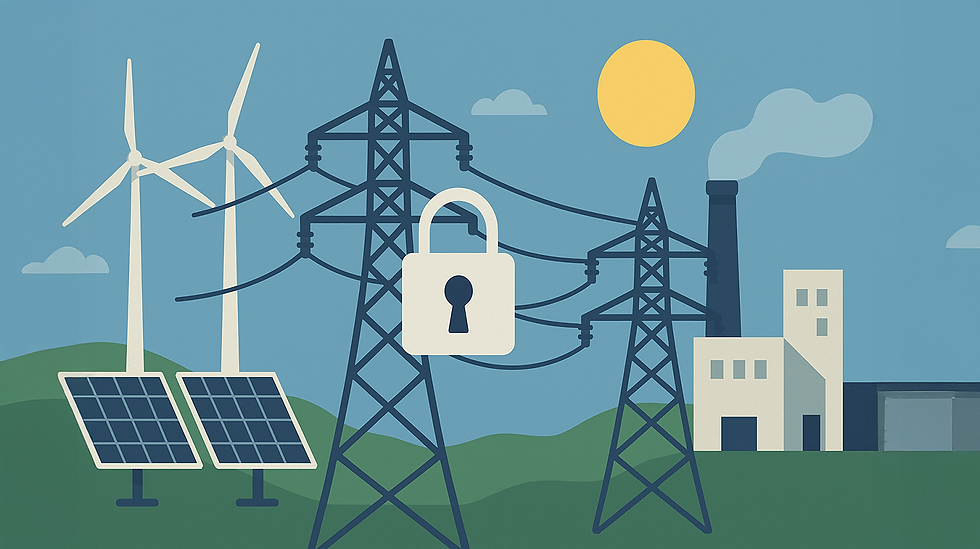Deepwater Horizon Disaster: Unraveling the Tragedy that Changed Offshore Drilling
- Yaein Choi

- Jun 1, 2023
- 3 min read

On April 20, 2010, a catastrophic event unfolded in the Gulf of Mexico, forever altering the course of offshore drilling and igniting one of the most significant environmental disasters in history. The Deepwater Horizon oil rig, operated by BP (British Petroleum), suffered a massive blowout, resulting in a deadly explosion, an uncontrollable oil spill, and far-reaching consequences for the environment and communities in the region. In this blog post, we will delve into the events leading up to the disaster, the immediate aftermath, the cleanup efforts, and the lasting impact on the environment and the oil industry.
The Deepwater Horizon was an offshore drilling rig located approximately 50 miles southeast of the Louisiana coast. It was part of the Macondo Prospect, one of BP's major oil exploration projects in the Gulf of Mexico. The rig was a massive structure, towering over the water, and drilling an exploratory well thousands of feet below the seabed.
In the weeks leading up to the explosion, the drilling operations faced several challenges, including technical issues and delays. It was during the process of capping the well that a series of unfortunate events unfolded, culminating in one of the most significant environmental disasters in history.
On April 20, 2010, a blowout occurred, releasing an enormous amount of oil and gas from the well, leading to a catastrophic explosion on the rig. The explosion resulted in the loss of 11 crew members' lives, while dozens of others were injured. The rig caught fire and eventually sank into the depths of the Gulf, leaving the wellhead uncapped and the oil spill unchecked.
The spill unleashed an unprecedented amount of crude oil into the Gulf of Mexico, with estimates ranging from 4.9 to 5.3 million barrels over several months. The slick spread rapidly, threatening sensitive coastal ecosystems, marine life, and the livelihoods of millions of people along the Gulf Coast.
In the wake of the Deepwater Horizon disaster, a multi-faceted response effort was launched to contain the oil spill and mitigate its impact. BP, the U.S. government, and various environmental agencies collaborated to address the crisis. The response included deploying containment booms, controlled burning of surface oil, and the use of chemical dispersants to break down the oil. However, these measures had limited success in containing the spill.
The disaster triggered widespread public outrage against BP and raised questions about the safety practices of the entire oil industry. The company faced intense scrutiny from media, regulatory bodies, and the public, leading to significant financial losses, legal battles, and a tarnished reputation.
The environmental impact of the Deepwater Horizon disaster was profound and far-reaching. The oil spill contaminated vast expanses of the Gulf of Mexico, including critical habitats for marine life and migratory birds. The oil reached sensitive coastal marshlands, beaches, and estuaries, causing immense damage to fragile ecosystems.
Marine life suffered immensely, with reports of dead and injured sea turtles, dolphins, birds, and fish washing ashore. The long-term effects on marine populations, including deep-sea creatures, remain a matter of concern and ongoing research.
The Deepwater Horizon disaster served as a wake-up call for the oil industry and regulators worldwide. It exposed significant gaps in safety protocols and raised questions about the industry's preparedness to handle such emergencies. In response, there were substantial regulatory changes and a push for improved safety standards and contingency plans.
Additionally, the disaster prompted discussions about the broader issue of our reliance on fossil fuels and the need to transition to cleaner and more sustainable energy sources. The incident further intensified debates about environmental protection and the balance between economic interests and ecological wellbeing.
The Deepwater Horizon disaster was a tragedy of immense proportions, leaving a profound impact on the environment, communities, and the oil industry. It shattered lives, damaged ecosystems, and triggered substantial regulatory changes. The scars left by the oil spill continue to remind us of the need for responsible and sustainable practices in our pursuit of energy resources. As we move forward, the lessons learned from this disaster must guide us towards a more conscientious and sustainable future.



Comments